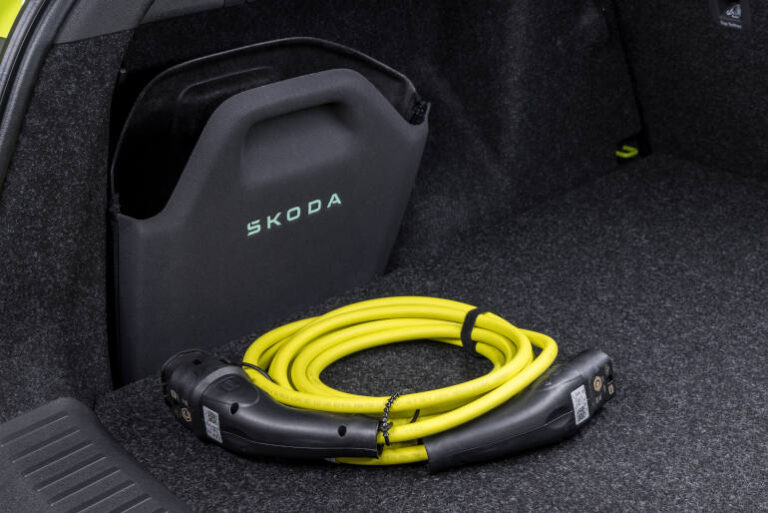Pat McCarthy, Director of Genesis Accounting, offered practical insights into fringe benefits tax (FBT) rules for electric vehicles (EVs) during his presentation at the Smart Energy Expo in Sydney. With EV adoption accelerating—particularly through novated leasing—his breakdown of the FBT exemption, charging reimbursements, and treatment of home EV chargers was both timely and essential.
FBT Exemption for EVs
The core of McCarthy’s presentation was focused on how the FBT exemption applies to battery electric vehicles (BEVs), hydrogen fuel cell vehicles, and plug-in hybrids—though he noted that the plug-in hybrid exemption “fell away on 31 March” 2025. To qualify, the vehicle must meet the ATO definition of a car and fall under the luxury car tax threshold for fuel-efficient vehicles.
“The exemption is for battery electric vehicles. Basically, they call them zero or low-emission vehicles, as long as it’s a car… and it has to be having a payload of less than 1000 kilograms.”
He also stressed that the exemption only applies if the vehicle is held by the employer, either through ownership or lease, and is made available for private use. This includes novated leases.
“It doesn’t matter, essentially, whose name the vehicle is in, as long as the employer provides it one way or another to the employee, then that’s fine.”
Vehicles over the luxury car tax threshold lose the exemption entirely.
“The vehicle has to have a GST-inclusive price of $91,387 in the 2025 FBT year… If the vehicle costs more than that, then you don’t get any exemption at all.”
Reimbursements for Home Charging
One of the more practical tips McCarthy shared was how employers can reimburse staff for home charging of electric vehicles—without triggering FBT.
“There is a PCG ATO ruling on how you can claim an FBT exemption for running costs… You can claim 4.2 cents per kilometre, reimburse that to the employee, and there’s no FBT on that reimbursement.”
“So if an employee uses a vehicle for 15,000 kilometres in a year, you can reimburse them 4.2 cents for that. So that’s about $600, and that’ll be FBT exempt.”
If the vehicle can differentiate home power usage from car charging—for example, via a smart charger—employers can use a hybrid reimbursement method.
“If you have a home charger or an EV that’s capable of detecting the home consumption versus the car consumption, then you can use two methods: one the 4.2 cents for the home consumption, and then you can get external charging from a commercial charging station and get reimbursed that.”
EV Chargers and FBT
When it comes to EV chargers installed in employees’ homes, McCarthy was clear that these are not covered by the vehicle exemption.
“Electric vehicle charging stations are a separate benefit. So although there’s great benefits for FBT exemption on the vehicle, there’s no FBT exemption on the charging station.”
If a home charger is bundled into a novated lease, the costs must be split out.
“You have to carve out the bit relating to the charging station, and that becomes a separate benefit. You’ll pay FBT on the provision of that benefit.”
His advice underscores the importance of carefully structuring salary packages and leases to maximise the available EV incentives—while remaining compliant with tax law.







